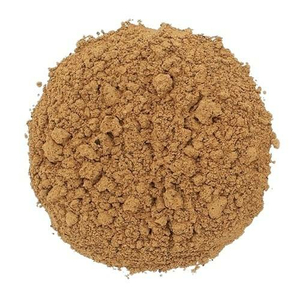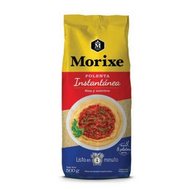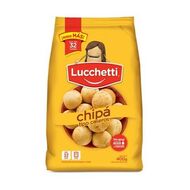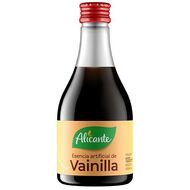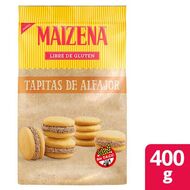General
Where does its origin come from?
The common name comes from an indigenous legend of the Guarani tribe, in whose language (Tupi-Guarani) wara'ná means “fruit like people's eyes” because when the fruits reach maturity they open and reveal their white inner part and the black aril of the seed, which resembles a human eye.
Serving 100 g
Nutritional information
Energy value: 322 kcal = 1350 kJ .
Fat: 2.9 g.
Saturated fat: 0.5 g.
Carbohydrates: 47 g.
Sugars: 2.2 g.
Fiber: 26.5 g.
Protein: 13.8 g.
Salt: 0.1 g.
Uses and Benefits of Guarana
Stimulating seed: Guarana has tonic and stimulating properties due to its high caffeine content, so it can help reduce the feeling of physical and mental fatigue. However, due to its high tannin and fiber content, the caffeine in guarana seeds is released slowly so that it is not as exciting for the nervous system as coffee.
It helps to withstand stress better: it can be of help in periods of physical and mental asthenia, in seasonal asthenia (caused by seasonal changes) and in convalescence.
Facilitates weight loss: taking guarana together with a healthy lifestyle (balanced diet and exercise) helps to lose weight due to its toning properties, which relieve fatigue that usually occurs at the beginning of the diet, and for its ability to strengthen energy expenditure thanks to its caffeine content and other substances such as theobromine and theophylline.
Other uses: as an astringent in case of diarrhea, as an antioxidant and as a diuretic.
Aucun avis trouvé
Complete your purchase on Pampa Global
We’ve simplified the checkout process! Orders are now completed through Pampa Global, our new platform that offers:
- Fast and secure checkout
- Extensive international catalog
- Competitive wholesale pricing

